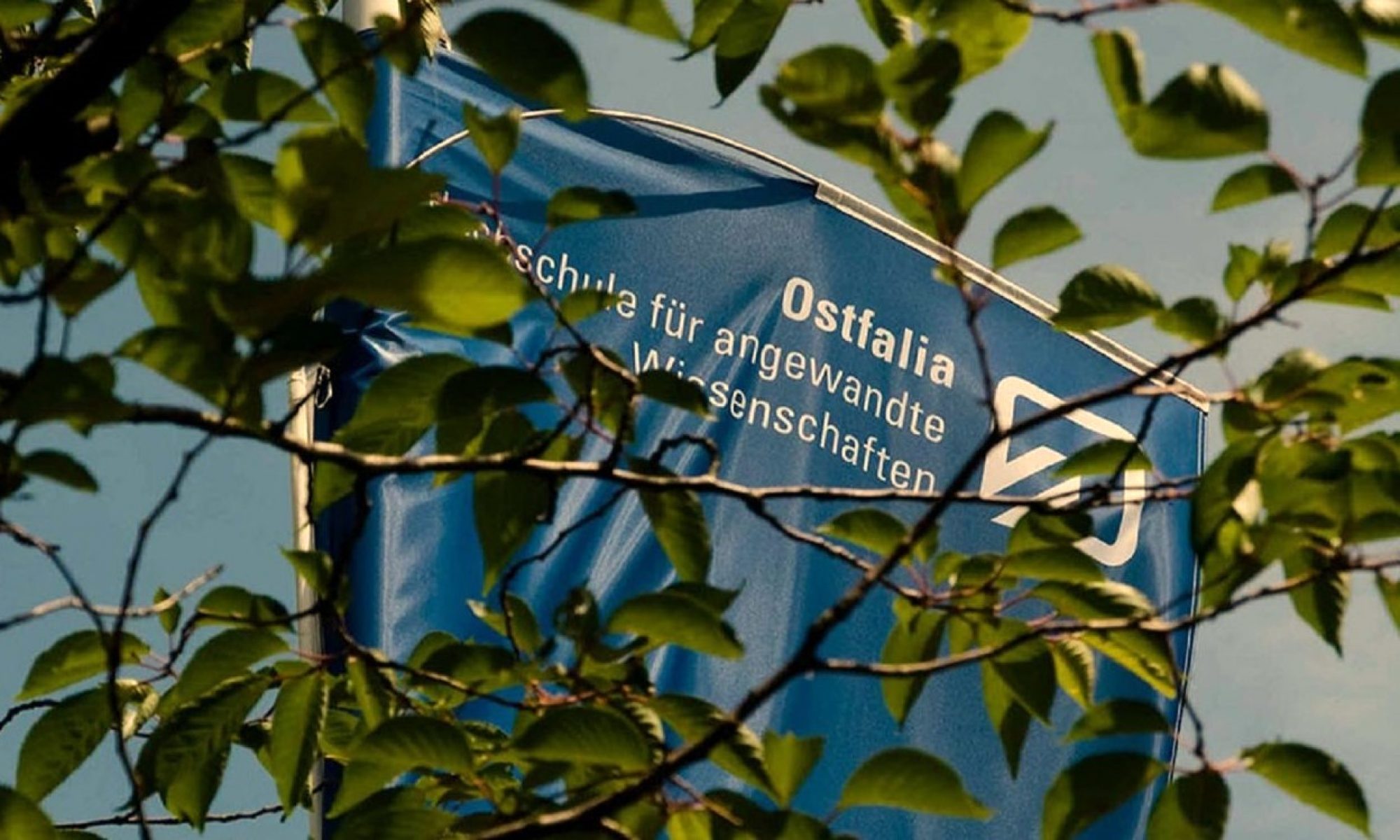Markus Schmidt-Gröttrup & Thomas Risse
msg@hs-osnabrueck.de; risse@hs-bremen.de
Hochschule Osnabrück; Hochschule Bremen
Abstract
While the use of desk calculators has diminished mental arithmetic skills, the availability of powerful artificial intelligence further reduces students‘ motivation to solve mathematical problems. „Why should I do it?“ they ask. However, without a solid mathematical foundation, the ability to critically assess AI-generated results is compromised.
The SEFI competency framework provides a strong foundation for undergraduate mathematics courses. The learning objectives outlined in this framework serve as the basis for our three-volume exercise book “Mathe – kann ich”. Together with its competency lists, the book offers students a clear understanding of what is expected of them. Furthermore, by engaging with the material, students focus not on their mistakes but on their progress, as they check off competencies they have mastered. This approach enhances metacognition and reinforces long-term retention of the material.
The method of bringing SEFI competencies to life through exercises and worked-out solutions has received excellent feedback from undergraduate students in business IT and industrial engineering. This is further reinforced by teacher feedback on students‘ solutions to voluntarily selected problems.
Keywords
Competence lists, SEFI competency framework, motivation, metacognition.
References
Alpers, Burkhard. (2014) A Framework for Mathematics Curricula in Engineering Education, SEFI-MWG.
Schmidt-Gröttrup, Markus and Best, Katharina and Risse, Thomas (2022-4) Mathe – kann ich, Band 1: Grundlagen; Band 2: Geometrie und Funktionen; Band 3: Diskrete Mathematik und Lineare Algebra. Hanser.
